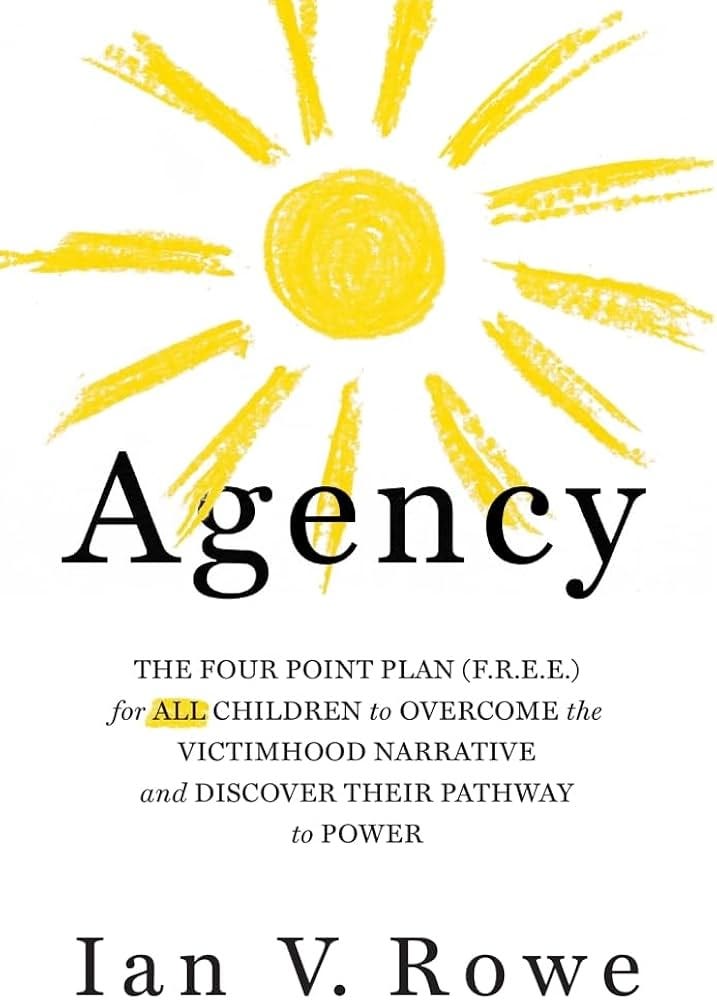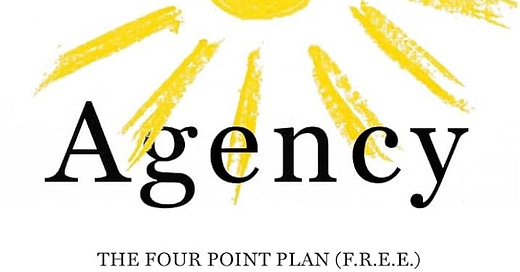How to dismantle the victimhood mentality
Educator Ian Rowe shares why family, faith, education, and entrepreneurship are the keys to lasting uplift and opportunity.
By Ian Rowe

“You are not powerless. Your choices shape your future more than your circumstances.”
Ian V. Rowe’s Agency is a call to action for anyone seeking to escape the modern culture of victimhood and take control of their destiny. Drawing from his experience in education and social policy, he presents the F.R.E.E. framework—Family, Religion, Education, and Entrepreneurship—as the foundation for self-determination.
He challenges the prevailing narrative that external forces dictate success, arguing instead that personal agency, grounded in strong values and practical choices, is the true path to empowerment. This book is essential reading for parents, educators, and leaders who want to equip young people with the mindset and tools to succeed.
What’s the big deal?
Rowe’s central argument is that agency is the antidote to victimhood. One striking example comes from the Success Academy charter schools, where low-income students—many of whom would be written off by traditional metrics—consistently outperform their wealthier peers.
Why? Because these schools foster high expectations, discipline, and a culture of personal responsibility. The lesson: structural challenges exist, but individual choices and environments that reinforce agency matter more.
Five takeaways
Victimhood is a trap. Believing external forces control your life strips you of power. Rowe argues for rejecting this mindset.
The F.R.E.E. framework is a blueprint for success. Strong family ties, faith-based values, rigorous education, and entrepreneurial thinking cultivate agency.
Resilience beats reliance. Government programs may offer temporary relief, but self-sufficiency leads to long-term success.
Character and discipline matter. Instilling these traits in young people leads to better life outcomes, regardless of background.
Culture shapes expectations. The environments we create—at home, in schools, and in communities—either reinforce agency or diminish it.
The final word
Agency is a bold rebuttal to the idea that success is predetermined by race, class, or systemic barriers. The author constantly shares how empowerment comes from personal responsibility, strong values, and institutions that reinforce the right principles. If you want a guide to helping the next generation succeed—not by lowering the bar, but by raising expectations—this book is a must-read.



